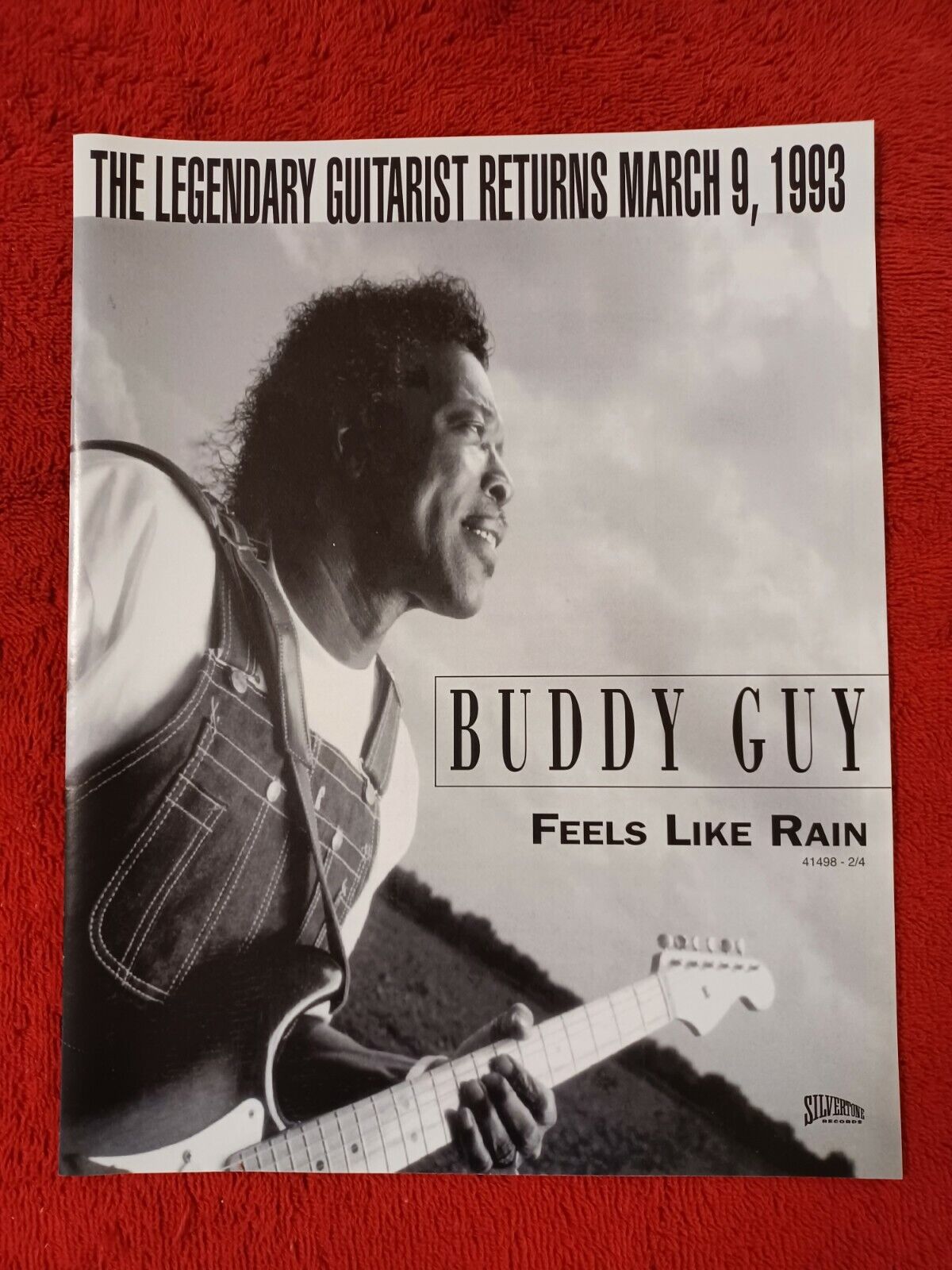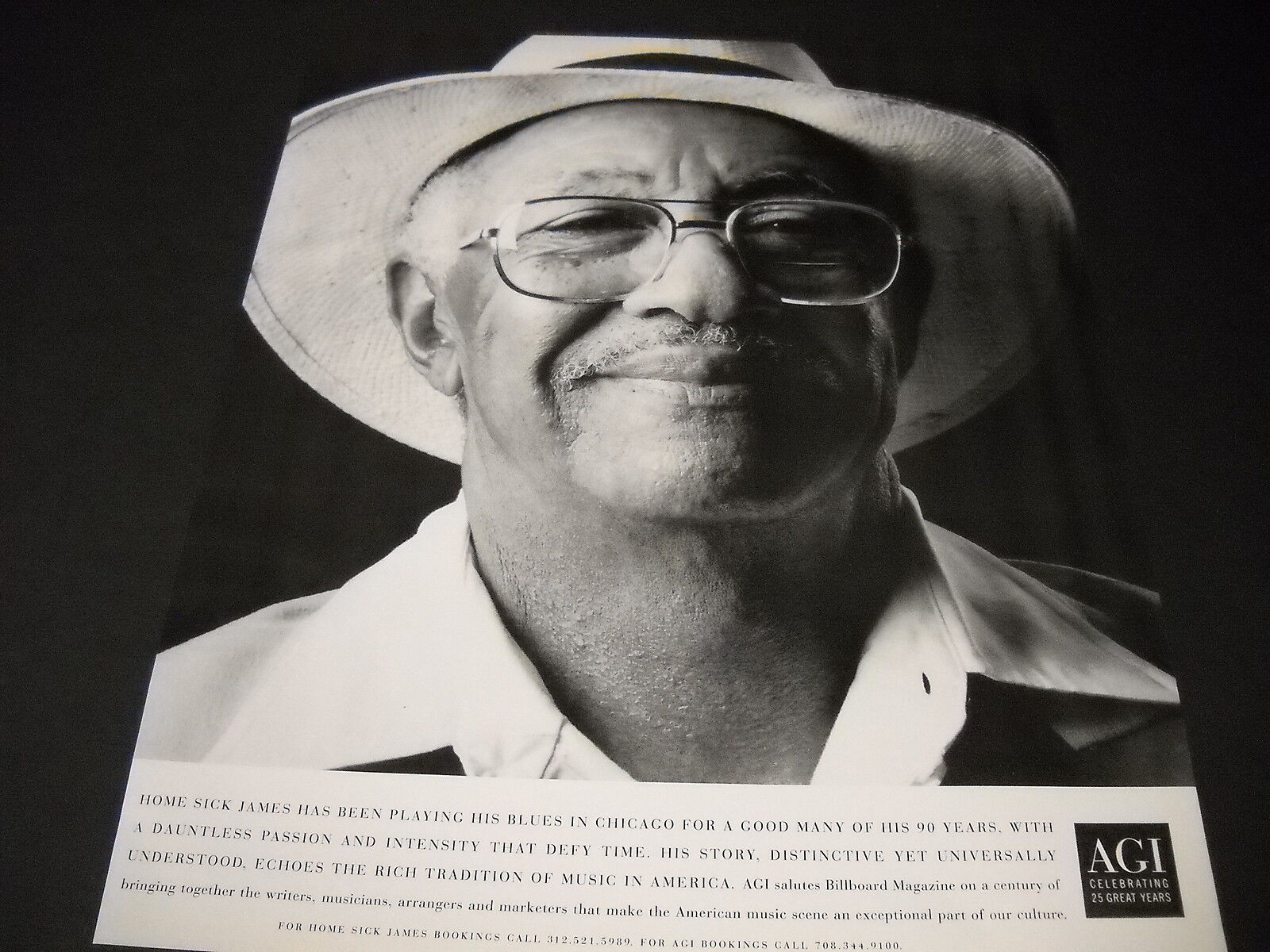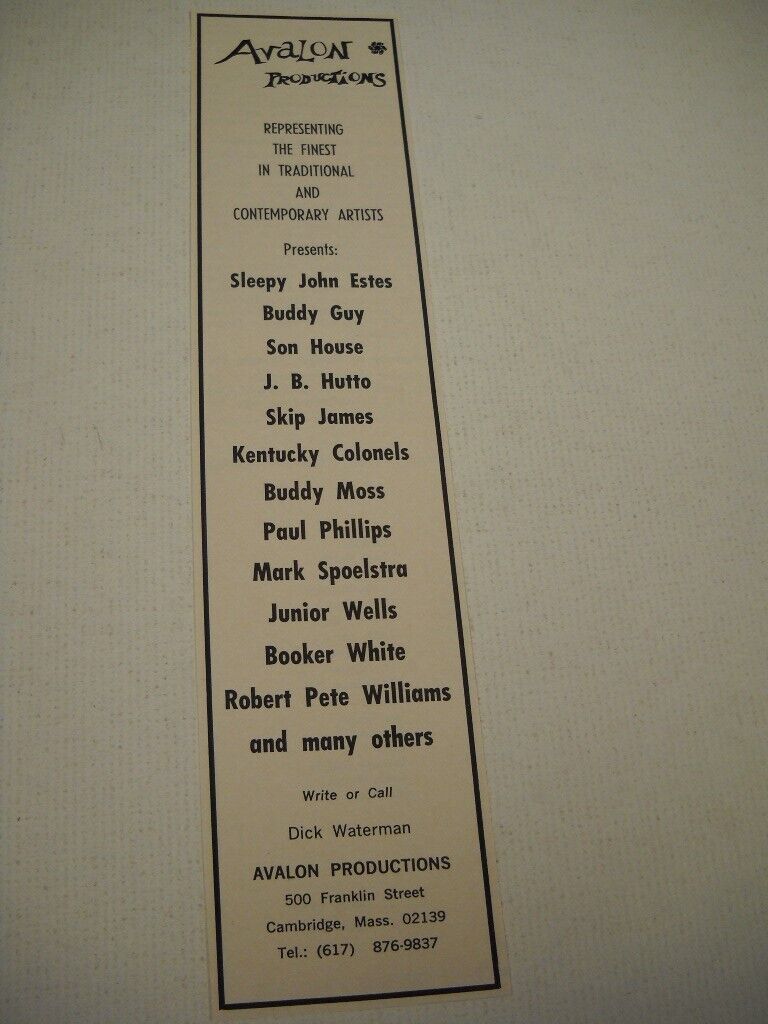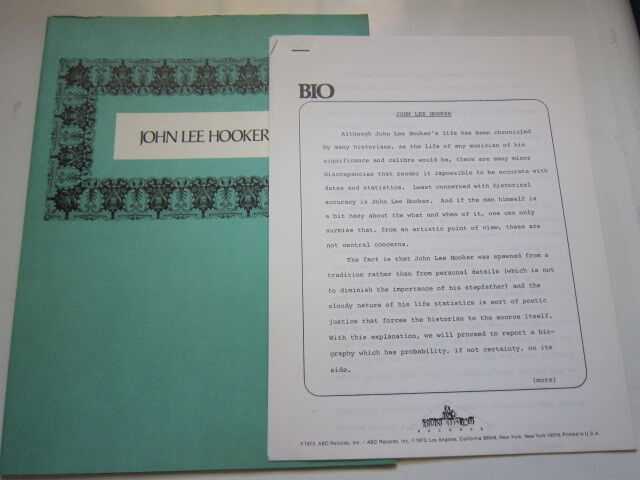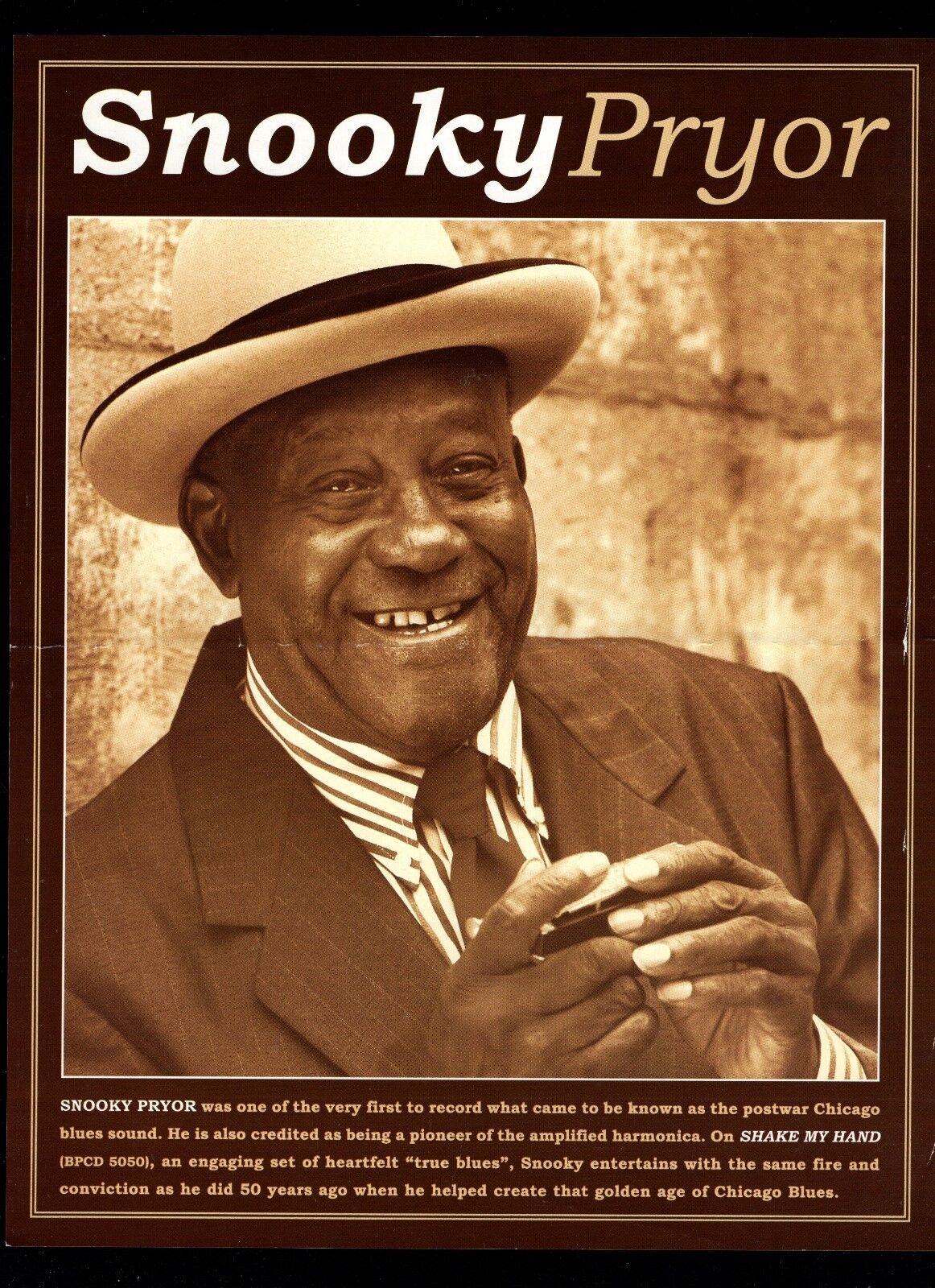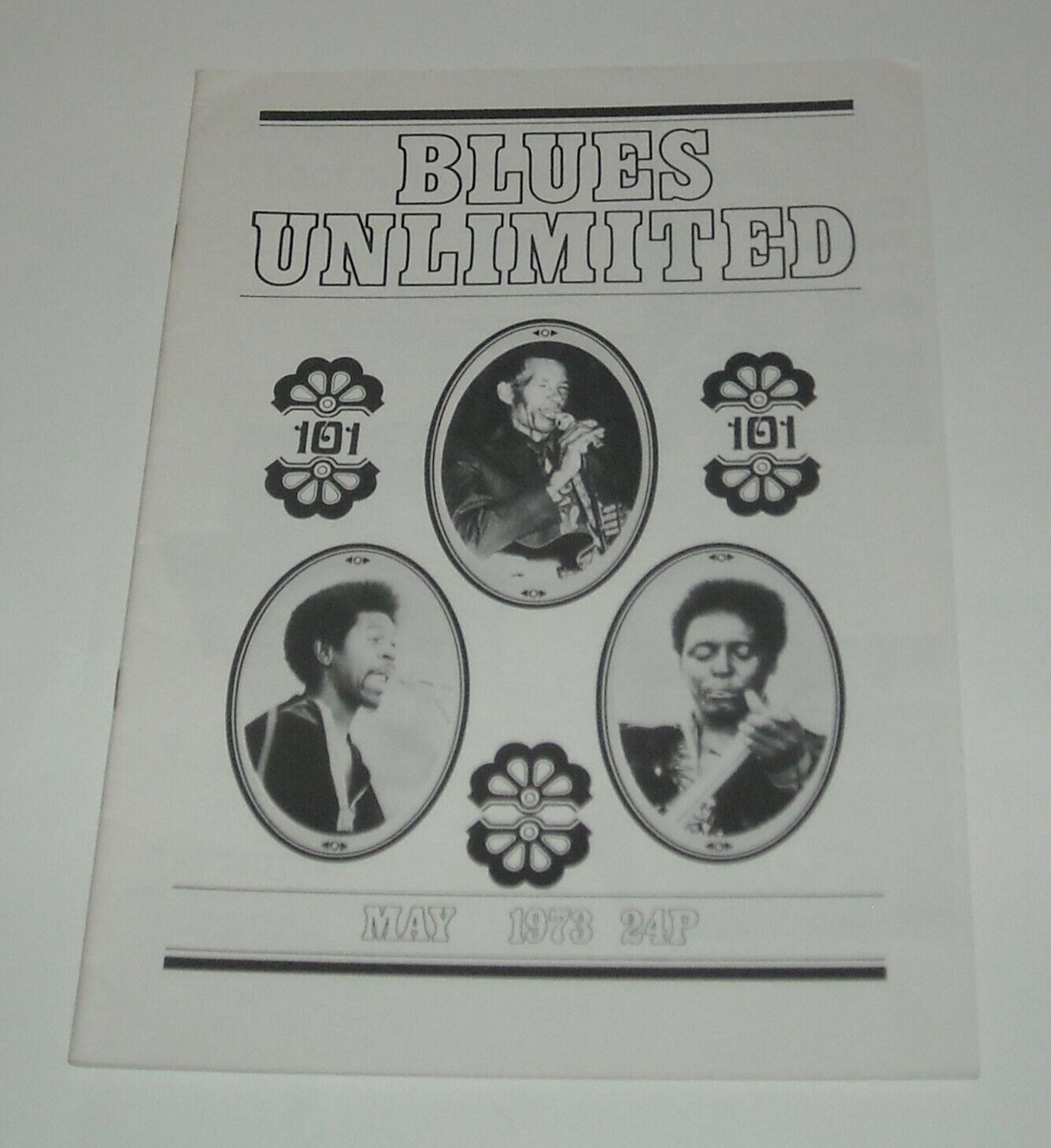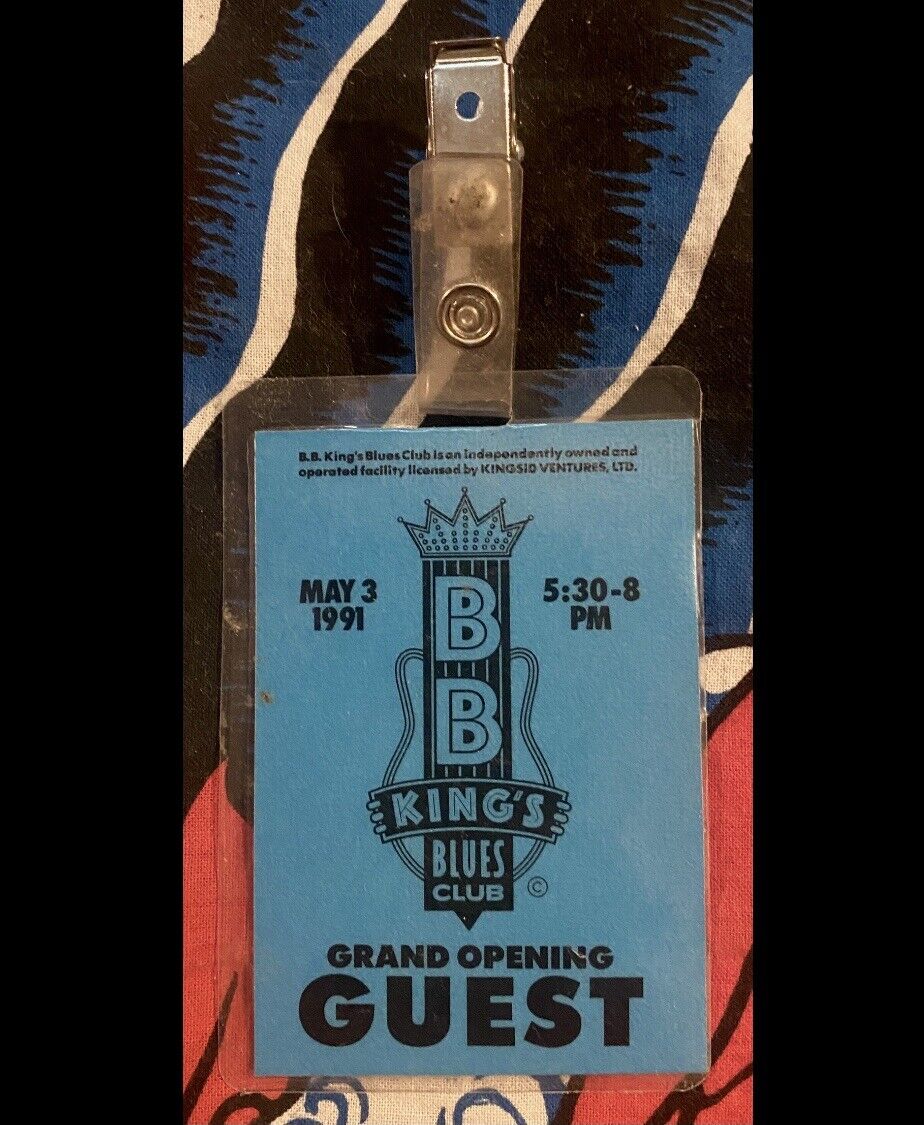-40%
1973 Blues & Cajun Record Scene Jewell Shreveport LA - 4-Page Music Article
$ 9.13
- Description
- Size Guide
Description
1973 Blues & Cajun Record Scene Jewell Shreveport LA - 4-Page Music ArticleOriginal, vintage magazine article
Page Size: Approx. 8" x 11" (21 cm x 28 cm) each page
Condition: Good
LOUISIANA WAX FACTS
Louisiana’s largest record opera-
tion — and in fact the largest one-stop
record center in the South —is the Jew-
el/Stan’s combine in Shreveport. Stan
Lewis’ enterprise now comprises half a
dozen retail stores in Shreveport-Bos-
sier City, a booming mail order busi-
ness, Jewel/Paula/Ronn/Whit/Lewis/
Soul Power records and tapes, and a
distributorship which handles over 500
other labels. The .company has its own
advertising agency, carpentry shop, pho-
to lab, print shop, promotional and pub-
licity departments and shipping room,
across the street from the original
Stan’s record shop and offices at his-
toric 728 Texas Street, with recording
studios in another part of town. More
than 100 employees work on Texas
Street alone.
Yet in 1948, all Stan Lewis had
was a popcorn stand. When he ^dded a
few "race records’’ to his wares, he
found the shellac outselling the corn,
and rented a tiny shop behind his stand.
As Jewel Vice President Don Logan
tells it, the late Leonard Chess would
com? South hawking Aristocrat and oth-
er 78’s by car, sell all he could in Mis-
sissippi, and then drive over to Louisi-
ana and dump the rest on Stan. Shreve-
port was a ripe area for blues operations,
and Stan’s record interests grew: he be-
gan recording local artists for Chess,
Specialty and other blues/R&B labels,
became Louisiana distributor for Chess,
expanded his retail business, and, in
1964, founded Jewel Records. Jewel’s
early sides were recorded in Chicago
at Chess’s Ter-Mar Studios, and al-
though most sessions now take place
at Jewel’s own new studio, Stan retains
close ties with Phil Chess.
Jewel has been one of the very few
labels to consistently issue blues on a
commercial basis in recent years. Even
now, 45’s by Lowell Fulson, Lightnin’
Hopkins and Little Joe Blue appear reg-
ularly, and in the past Jewel has put
out some excellent blues by Frank Frost,
Jerry McCain, the Carter Brothers, Wild
Child Butler and others — although for
some reason very few were Louisiana
artists. But, if anything is clear from
talking with Stan and V.P.’s Don Logan
and Gene Kent, it is that Jewel is very
"hit’’-oriented: they desperately want
their first million-seller on the R&B
market. That’s why more and more ef-
forts are being concentrated on the soul
and modern blues artists on the subsid-
iary Ronn and Paula labels. Little John-
ny Taylor’s contemporary blues sell in
the six-digit bracket, but can’t quite
reach the elusive seventh, and soul-
blues singer Ted Taylor is a consistent
seller as well. High hopes are held, too,
for soul artists such as Tommie Young,
the Montclairs and Bobby Patterson.
The Blues and Cajun Record Scene 1973
By Jim O’Neal
A PRODUCT OF JEWEL RECORDS
728 TEXAS ST.. SHREVEPORT. LA.
STAN LEWIS
Jewel (or Paula, at least) has in
fact had one "Gold Record’’ in the pop
field — Judy in Disguise by John Fred
and His Playboys. For a time, Jewel
tried pop, underground/rock and even
country & western, but it proved too
difficult to promote records in so many
different fields, so about a year ago the
company decided to fall back on its al-
ready established specialty, black mus-
ic. Only one white artist (Ronnie Kole)
remains under contract. But even now,
says A&R director Bobby Patterson, it’s
hard to push contemporary R&B on one
hand and older-style blues on the other,
since many radio stations won’t touch
blues, but a "middle-of-the-road’’ soul
record might even make the pop charts.
In effect, Jewel is still producing mus-
ic for several different markets, since
it has a few modern jazz artists and a
huge stable of gospel performers to pro-
mote as well. Gospel sales seem guaran-
teed, though, even if not in great quan-
tity. The Jewel catalogue lists nearly
80 LP’s and more than 100 singles in
PHOTOS BY AMY O’NEAL
its "Devotional Series’’ — with every
item still in print — while more than
half of the blues listing'has been deleted.
Patterson (one of the. few blacks
in the company, by the way) even goes
so far as to call Little Johnny Taylor
"the last of the blues singers’’ who
will ever make it commercially, now that
B.B. King has defected to pop-blues.
Bobby plays Lightnin’ Hopkins-style
guitar himself, and writes the "back
door lyrics” for Little Johnny’s songs
("All he has to do to get those lyrics
is to follow me around,” jokes Gene
Kent), but his own records reflect Top
40 soul trends.
Still, Jewel is sticking with the
blues, chiefly because of the feeling
that one man — Stan Lewis — has had
for blues, ever since his popcorn vend-
ing years. "Some of ’em think I’m going
in the wrong direction,” says the silver-
haired Stan, but he has hopes for his
blues on the "underground” market. In
his office, he slips a couple of new gos-
pel releases on the turntable. One has
a down home bluesy sound, the other a
slicker, big band style. From the look
on his face, it’s easy to tell which one
he really likes. He’s earned a lot of re-
spect for bringing Jewel this far, and
so the staff goes along, if not whole-
heartedly, with the boss’s passion for
blues (and gospel). "He lives, eats and
sleeps records,” says Kent, and is
constantly calling up the shop to see
how things are when he’s away. Logan
adds, "A lot of times I thought we would
have gone under if it hadn’t been for Mr.
Lewis.”
The "underground” turn at Jewel
was marked by heavy electric blues LP’s
by Hopkins and Fulson, but most of Jew-
el’s blues are still of the more natural
variety. A registered "American Folk-
lore Blues” emblem now appears on the
cover of each Jewel blues album, but
not on the Ronn LP’s of Ted and Little
Johnny Taylor. This "series” is rather
nebulous, held together at present by
only an emblem. Quality isn’t consistent
and it seems odd that Jewel, with plenty
of resources here, would lease French
LP’s by John Lee Hooker, Memphis Slim,
and Roosevelt Sykes. But potential for
a superb reissue series lies in the box-
es and boxes of tapes sitting upstairs
at 728 Texas Street. Stan not only has
nine years’ worth of tapes by Jewel art-
ists (some recently issued by Polydor
in England), but has also purchased
most of the masters from theJ.O.B. and
Cobra/Artistic labels, as well as many
Paul Glass-affiliated labels, including...
13803-AL-73sum-35


